Top places for expats to learn Vietnamese in HCMC
As the nation is pushing for international economic integration and cultural exchange, more and more foreigners are flocking to Vietnam to earn a living and settle down. Therefore, the demand of studying Vietnamese has been growing, especially in HCMC, the country’s most dynamic and vibrant economic center.
Following are a couple of places in the city recommended for expats wishing to study the Vietnamese language.
University of Social Sciences and Humanities: 10-12 Dinh Tien Hoang Street, District 1
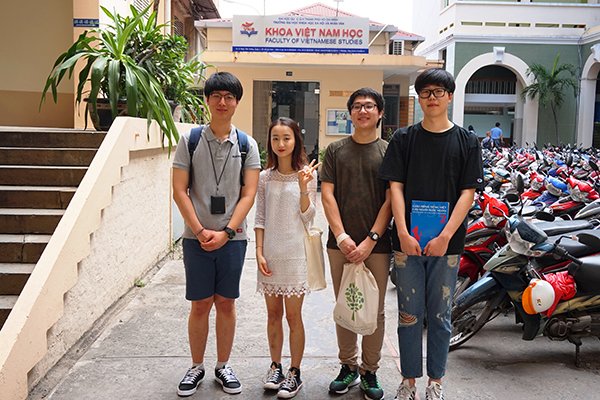
Korean students pose for a photo on the campus of the University of Social Sciences and Humanities in HCMC
Set up in 2000, the Faculty of Vietnamese Studies under the HCMC University of Social Sciences and Humanities in the downtown area has emerged as a place of choice for foreign students, consular officers and the expat community to take Vietnamese language courses and delve into Vietnamese history, culture and lifestyle.
Foreigners can feel free to select various courses depending on their levels and interests under the guidance of experienced lecturers at the university. Programs are carefully designed to assist learners to learn Vietnamese in an easy and effective way. Moreover, scores of short-term programs are made available for international students and consular officers.
Data from the university shows that more than 15,000 foreign learners from over 74 different nationalities around the globe have learned Vietnamese at the faculty over the past five years.
Huge numbers of Korean and Japanese students are attending Vietnamese classes to look for opportunities to gain an insight into Vietnam’s country and people and overcome the barriers of language and culture.
Seo Cheoul, a 21-year-old Korean, told the Daily that he has been taking a long-term Vietnamese language program at the university for more than one year. The passion and curiosity for Vietnamese culture, he says, urged him to move on to his challenging study.
“This is my fourth visit to Vietnam as the Southeast Asian country has a lot to impress me. During my study, I also face multiple difficulties but it is a very rewarding experience to study in a perfect learning environment and meet with nice Vietnamese teachers,” Cheoul added.
Kim Eul Cho, a 22-year-old Korean girl, says she has a special love for Vietnam whose culture has many similarities with South Korea’s.
“I hope I could communicate in Vietnamese more fluently in the coming time and make friends with Vietnamese students,” she says.
123Vietnamese: 91 Nguyen Chi Thanh Street, District 5
Founded in 2010, 123Vietnamese has gained popularity as one of the city’s leading institutions for teaching foreigners Vietnamese.
The organization provides foreign students and overseas Vietnamese with flexible courses such as elementary, intermediate and communication classes to meet their particular requirements. If they have no sufficient time to attend classes at the center, they are able to learn online at the website at www.123vietnamese.com, with a range of online courses.
HCMC University of Pedagogy: 280 An Duong Vuong Street, Ward 4, District 5
Those seeking a prestigious venue for Vietnamese language improvement but remaining undecided where to study could look into the Faculty of Literature of the HCMC University of Pedagogy in District 5.
The faculty started teaching Vietnamese for non–native speakers in 1998 and currently consists of two training programs including Bachelor of Vietnamese studies training program designed for advanced learners who want to use Vietnamese proficiently or for further research in Vietnam.
Students who take part in this program are required to study for four years. During the first year, they will have a chance to get familiar with four language skills: listening, speaking, writing and reading. Then, students will continue studying advanced Vietnamese as well as other subjects such as language studies and Vietnamese literature over the remaining three years. Upon completion, students will be granted a bachelor degree.
The remaining program will be for non–native speakers who wish to master communication skills with short–term Vietnamese training courses.
The duration of courses is based on each learner’s requirements. These courses can last from one month to one year, ranging from different levels. Upon completion, a certificate is issued by the university to acknowledge students’ attendance.
Students will be equipped with appropriate course material to suit their levels./.
VNF/SGT
Recommended
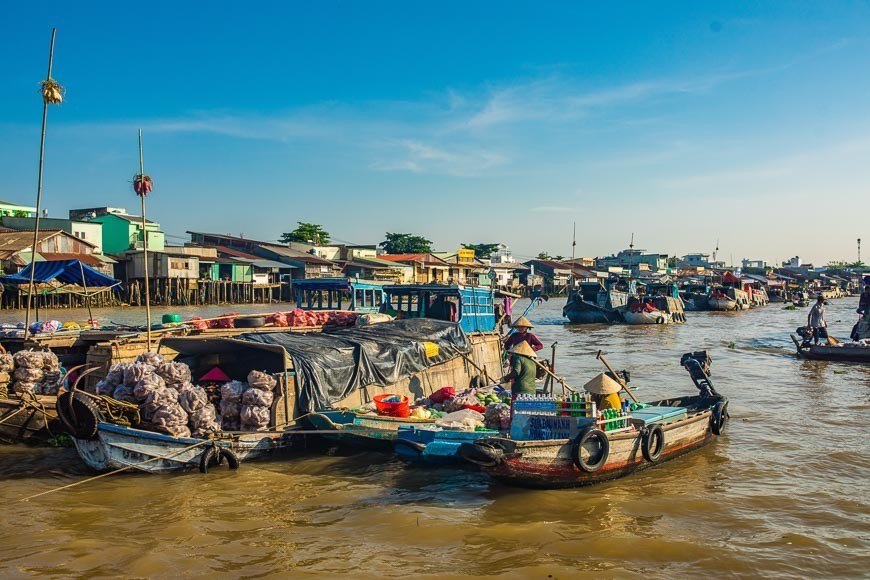 Travel
Travel
Vietnam Through Australian Eyes: Land of Flavor, Warmth, and Timeless Charm
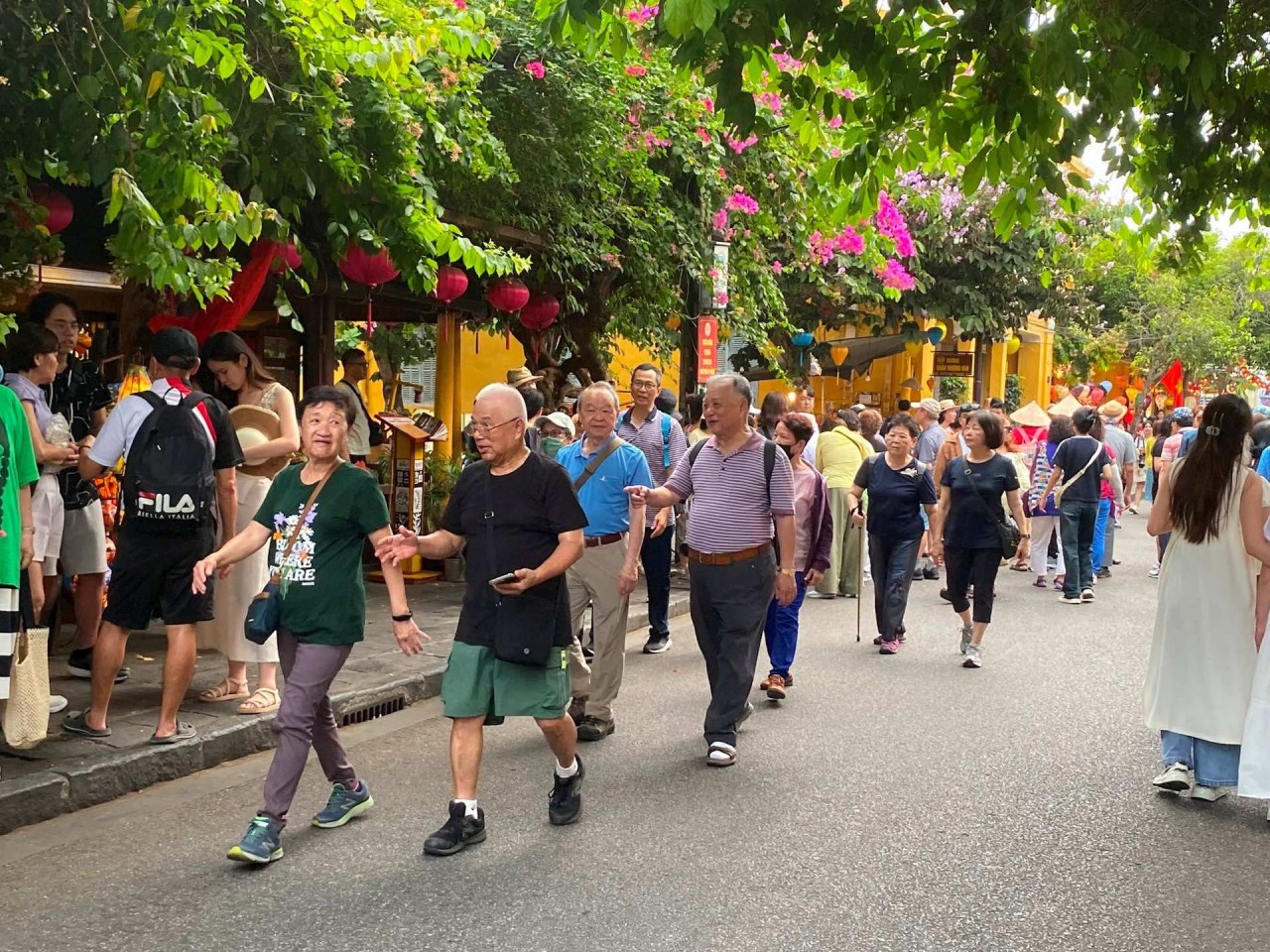 Travel
Travel
Strategies for Sustainable Growth of Vietnam’s Tourism from International Markets
 Travel
Travel
Vietnam Strengthens Its Presence On The Global Tourism Map
 Multimedia
Multimedia
Phong Nha-Ke Bang National Park Named Top Adventure Travel Site
Popular article
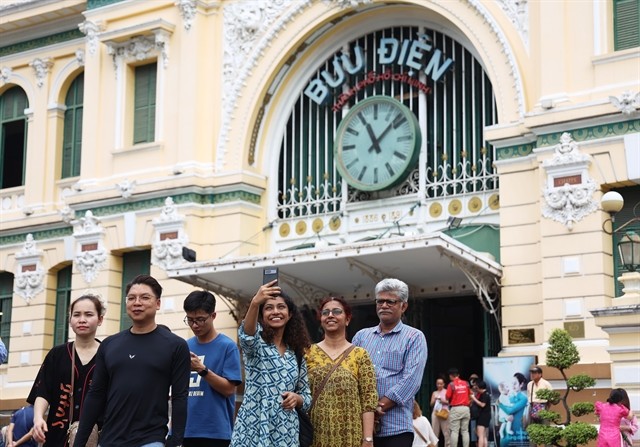 Travel
Travel
Vietnam Welcomes Record-High Number of International Visitors
 Travel
Travel
Luxury Train From Hanoi To Hai Phong To Be Launched In May
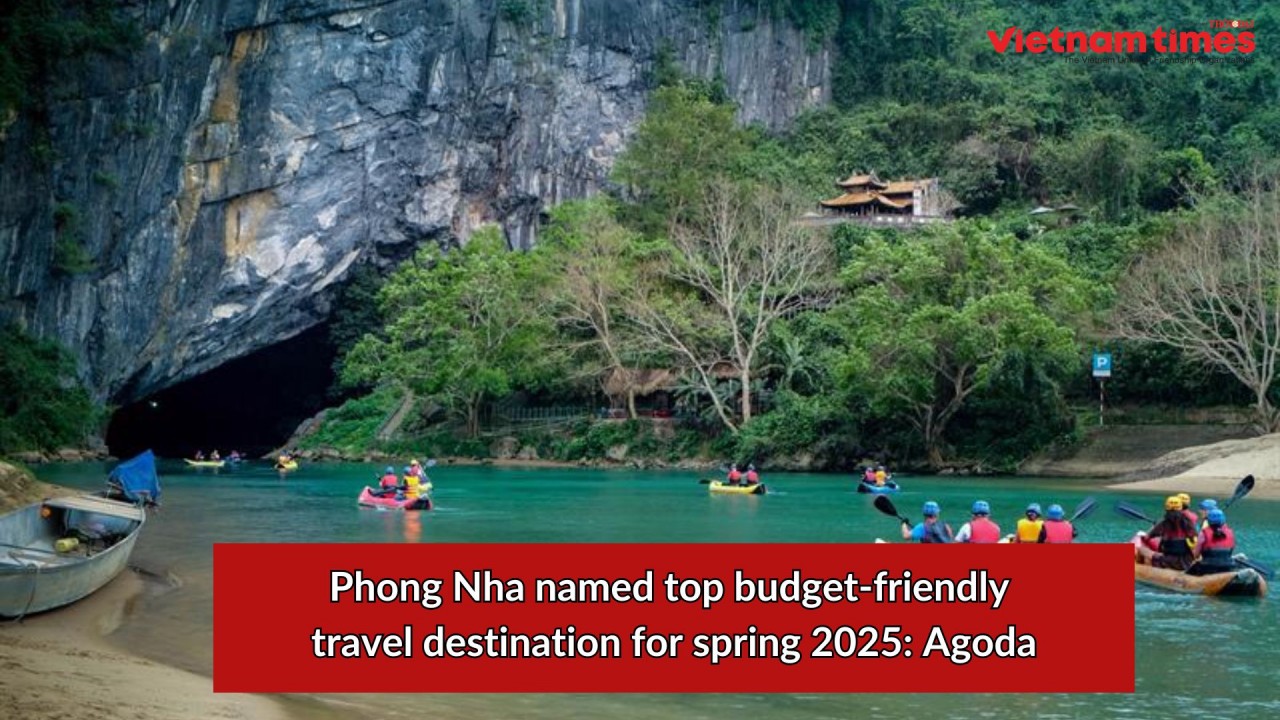 Travel
Travel
Phong Nha Named Top Budget-Friendly Travel Destination for Spring 2025: Agoda
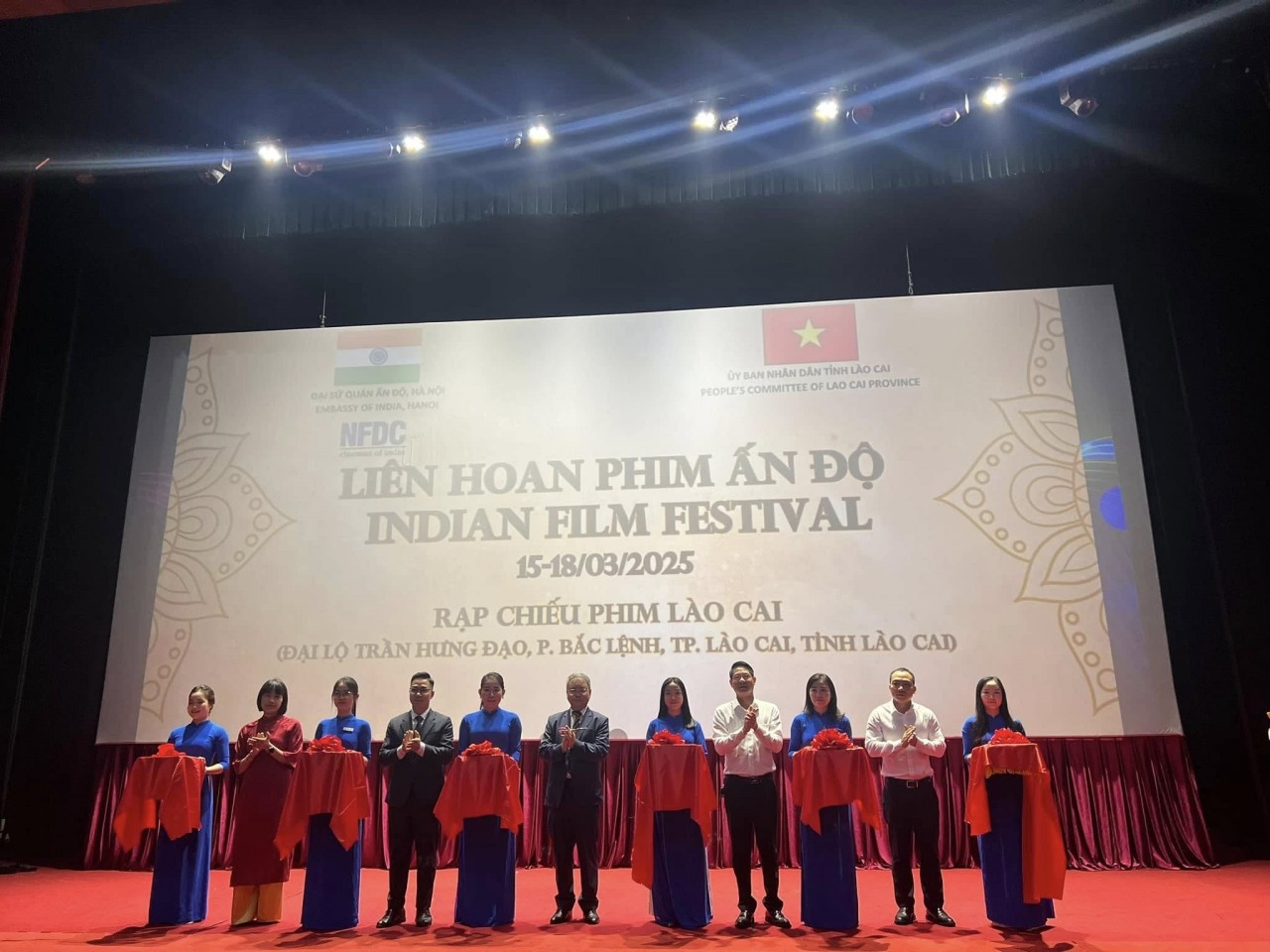 Travel
Travel



